 A few weeks ago I received a voice message from a client, asking to talk to me right away. I dropped what I was doing and as I returned the call I prepared myself for the worst. Was she cancelling a session? All our scheduled sessions? But then I thought, maybe she is adding new sessions. Either way, it must be really important.
A few weeks ago I received a voice message from a client, asking to talk to me right away. I dropped what I was doing and as I returned the call I prepared myself for the worst. Was she cancelling a session? All our scheduled sessions? But then I thought, maybe she is adding new sessions. Either way, it must be really important.
These days, so much of our communication is accomplished through email and text messaging that a phone call or voice message can definitely get our attention. Some of us have forgotten the art of leaving effective voice messages, and a refresher could be in order. For others, we may have grown up with text and email, so this might be a new skillset to master.
So here are tips for better voice messaging:
1. Know when to use the phone. Routine check-ins, factual content, detailed instructions, and documentation can often be handled best through email. When the content is more conceptual or sensitive, or when you need to focus on feelings or relationships, those are times when you might consider picking up the phone. I find the phone rings most often with new clients calling to get a feel for the type of coaching I do, and when several emails have gone back and forth and clarity is elusive. I like to use the phone for anything I don’t consider routine.
2. Leave a reason for your call. In the above-named scenario, I started to think it was bad news. It wasn’t; instead it was to talk through some information that was getting a bit complicated. It would have saved me worry to hear, “just to go over some of the details of our project.” That way I could also prepare for the conversation. When you leave a reason, try to strike a balance between too much detail and too much mystery. Consider these two messages:
Not enough information: “I need to talk to you about your performance.”
Better: “I want to commend you on the great job you did with the Maxwell account.”
I think most of us would much rather hear the second one, if that is the situation. Even if it is bad news, you can keep it neutral. For example:
Not neutral: “I want to get to the bottom of your dismal performance on the Maxwell account.”
More neutral: “We need to discuss your performance with the Maxwell account.”
3. Sit up to speak. Sit or stand up to record your message — your voice will sound stronger and clearer. Open your mouth a little wider, enunciate and speak directly into the phone. Remember the listener won’t be able to receive cues from your body language or face, all they have is your voice, so make it count.
4. Avoid distractions. Avoid leaving messages when you are calling from a noisy environment, such as a busy airport, or when you are driving. Maybe you can wait to leave this message until you are at a quieter, less distracting place. At your office, turn away from the computer screen or the documents on your desk, and don’t try to leave a message while you are doing something else.
5. Write out key points. If the message is complex, take a moment to write out a few bullets before you place your call. You will send a clearer message whether you reach voice mail or the person your message is intended for.
6. Be brief. Don’t ramble on; say what you have to say, then hang up.
7. Leave your number and a good time to return the call. Even when the recipient knows your number, s/he may be picking up messages on the run. Slow down, and say it twice.
8. Review your message before sending. Check for brevity, clarity, and voice habits. If you don’t think your message is effective, erase it and start over.
9. Be ready to connect with the person directly. These days it almost comes as a surprise when someone is actually there to receive our calls. Be ready for that, and move smoothly into your reason for calling.
Following these tips is sure to help you leave better messages. But, you may have noticed I ended up on only nine tips. Do you have another so we can make it a top ten list? I would love to hear from you.
Author Gail Zack Anderson, founder of Applause, Inc. is a Twin Cities-based consultant who provides coaching and workshops for effective presentations, facilitation skills for trainers and subject matter experts, and positive communication skills for everyone. She can be reached at gza@applauseinc.net.
Web site: www.applauseinc.net
Blog: www.managementhelp.org/blogs
twitter: @ApplauseInc
 Sections of this topic
Sections of this topic
















